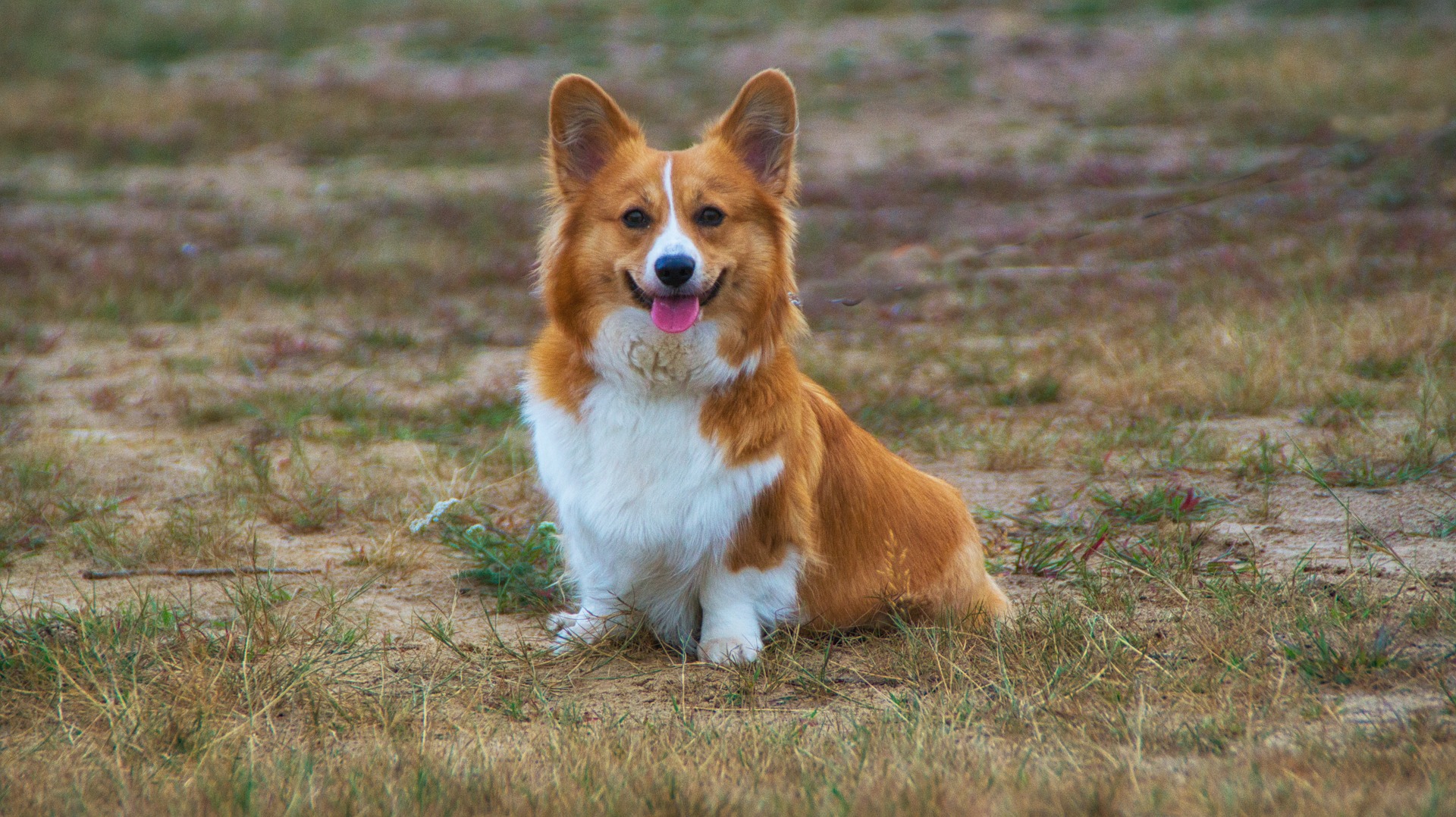Dogs are active and energetic pets, who are always up to games and new experiences. So, it’s obvious that the dog can breathe fast from time to time. The question here is how to determine normal and abnormal breathing, and when the dog owners should worry about their furry friend.
Fast breathing is a common situation for all dogs, regardless of their breed, age, and size. Fast breathing is a change in the breathing rate of the dog compared to its normal breathing. Dogs at rest have a normal respiration rate of 10 to 35 breaths per minute. The average dog at rest takes 24 breaths per minute.
If you encounter such a problem as a dog respiration rate high, then it can be either a normal situation or a symptom of different health issues. Here is the information about the reasons for the dog’s high respiratory rate.
10 Reasons Why Your Dog Can Breathe Fast?
1. Overheating :
Panting is one of the earliest and most common signs, so pay attention if your dog is panting excessively when the temperatures have soared. Breathing is usually fast and noisy.
Other symptoms of overheating are sticky gums, abnormal thirst, a dark tongue, increased temperature and heartbeat, glazed eyes. This condition is extremely dangerous because if the body temperature exceeds 109°F (a dog’s normal body temperature is 100-102.5°F), heatstroke occurs. It leads to kidney damage, seizures, brain swelling.
2. Pain/Anxiety :
Dog breathing heavily may indicate that the pet suffers from internal or external pain. In this case, make sure that your dog doesn’t have an injury – caress the dog from the neck, through the abdomen, and to the legs. Watch for a reaction.
Besides, if the pet is stressed out, then panting may be a sign. There are various reasons for stress: punishment, a visit to the vet, inconsistent training, new experiences, changes in the environment. Some breeds are very sensitive and even minor changes can cause anxiety.
3. Poisoning :
If your dog breathing heavily, it can signify poisoning. Dogs like trying new things and they shouldn’t necessarily be edible. Of course, this behavior can lead to poisoning.
Check whether your dog can eat an obstruction (e.g. chicken bones), toxic foods (chocolate, fruit with seeds, nuts, onions), a toxic plant or household substance.
If your pet has swallowed something, then an immediate visit to the vet is a must!
4. Different Health Issues :
Dog breathing heavily can be a sign of many diseases such as heart disease, anemia (caused by a severe flea in puppies and young dogs). Along with this symptom, the dog can suffer from weakness and an increased heart rate.
5. Shock :
Shock can be life-hazardous because in this case, the body systems don’t receive enough blood to work properly. There can be different types of shock. Thus, septic shock can be caused by different diseases such as heart failure. Another type of shock is caused by an allergy to food or insect bites.
6. Acid-Base Disorders :
Some chronic problems cause certain changes in pH balance, and these changes can result in fast breathing.
7. Upper Airway Obstruction :
Brachycephalic breeds or those breeds that have narrow airways, tend to snore. If these dogs suffer from illnesses, connected with inflammations and swelling, then it is difficult for them to get enough oxygen and they breathe faster.
8. Fluid in the Lungs :
Dog breathing fast at rest is an everyday occurrence, and one of the reasons in the fluid in the lungs. Actually, some amount of fluid is always present in the dog’s lungs, but an excessive amount can be dangerous. Other signs are low body temperature, blue gums.
9. Cushing’s Disease :
A dog with adrenal glands, releasing too much cortisol, has Cushing’s disease. Cortisol is known as a hormone of stress, it results in high blood pressure and increased panting. However, this is not the only symptom. Other signs are weight gain, increased urination, hair loss, thinning skin.
10. Swollen Belly :
If your dog has an unusual shape of the belly due to bloat or a buildup of fluid in the abdomen, then it can breathe fast. It puts pressure on the diaphragm and that is why the dog can’t take deep breaths. In this case, your dog needs veterinary attention.
Thus, fast breathing is a common situation because it is needed for temperature regulation. However, in some cases, it can be a sign of any health problems. Pay attention to the general well-being of your furry companion, pay attention to the accompanying symptoms, and if it is necessary, see the vet.
Read Also :
- Can Dogs Make The Anti-Social Kids Socialize Better?
- Can Dogs Help Writers Stay Positive During Stress?
- 5 Reasons Why Your Child Needs A Dog






















